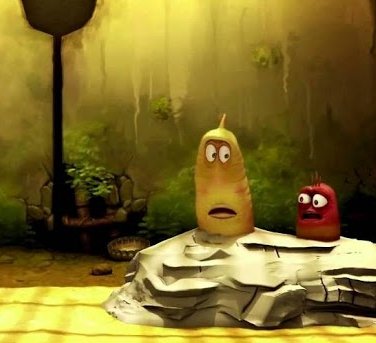 NEWS
NEWS
 NEWS
NEWS
 NEWS
NEWS
![]() Early in July, Barnes & Noble CEO William Lynch resigned from the company. His resignation was attributed to the fact that the Nook business had racked up an operating loss of $475 million for the fiscal year which ended in April, more than it lost in the previous 12 months.
Early in July, Barnes & Noble CEO William Lynch resigned from the company. His resignation was attributed to the fact that the Nook business had racked up an operating loss of $475 million for the fiscal year which ended in April, more than it lost in the previous 12 months.
According to some analysts, Lynch had the vision of a tech entrepreneur, the only problem was, B&N isn’t actually a tech company. Yes, they sold mobile devices such as e-readers and tablets, but first and foremost, B&N is a bookstore. Some argued that the company should have focused on pushing content rather than devices, adding that if it wanted to sell hardware it should have commoditized this, or at least come up with something more affordable and appealing to consumers.
One former B&N employee described Lynch’s efforts as misguided. The Nook family offered the ability to create separate profiles for multiple users, but even this novel effort backfired. Lynch bragged about the feature so much that everyone else jumped on the idea too, and the only edge that Nook really ever had over its rivals was lost.
Lynch does deserve some credit for his tenure at B&N. For one thing, he was able to secure some worthy investments and partnerships for the company, but in the end these efforts may have in fact contributed to the Nook’s doom.
In 2012, Microsoft invested $300 million into B&N which led to the creation of Nook Media. The partnership required B&N to create apps for Windows 8, and in return for the initial investment Microsoft gained a 17 percent stake in Nook Media. In December of the same year, publishing company Pearson also made a significant investment into the company, pumping $89.5 million into Nook Media in return for a 5 percent stake in the company. Little did Pearson know that in the very next quarter, B&N would post an operating loss of $156 million.
Still, Lynch was commended for attracting Microsoft and Pearson and was said to receive a $1.8 million bonus for those efforts.
More recently, B&N partnered with Google in a deal which meant that Nook owners could finally access the Google Play store. Though Nook tablets were built on Android to begin with, they could not access the Google Play store until a few months ago. Following this deal, Nook users can now access far more content on their devices than they ever could before – great news for them – but it looks like it could be a case of “too little, too late” for the company itself. The problem is that even though Google Play access means that the Nook is now more versatile in terms of more places to get digital content, consumers are continuing to desert the company in their droves.
One analyst stated that the reason why Nook tablets failed so miserably is that Lynch failed to utilize the company’s retail and digital edge.
“He (Lynch) did not create actual reasons for Nook consumers to visit Barnes & Noble stores,” says Simba Information’s Norris. “When people go digital, they don’t go cold turkey. They still buy print.”
Leonard Riggio, B&N’s chairman and largest shareholder, has yet to announced Lynch’s replacement. He was in on the digital phase of B&N with Lynch so it’s hard to tell whether he will kill its digital business off completely, sell it, or continue with a revised strategy.
One idea being floated about is that Riggio might try to partner with device manufacturers to make the Nook business less costly and more profitable. Even so, he should remember that while we’re in the digital age, people still love the feel and smell of physical books, and numerous people still buy the real deal. What Riggio needs to do is figure out a way to make both B&N’s digital and brick and mortar business work well together, for example by offering discounts on digital copies for those who bought the physical book.
Whatever he does, he needs to act soon – or else Barnes & Noble’s days as a device maker will quickly be coming to an end.
THANK YOU